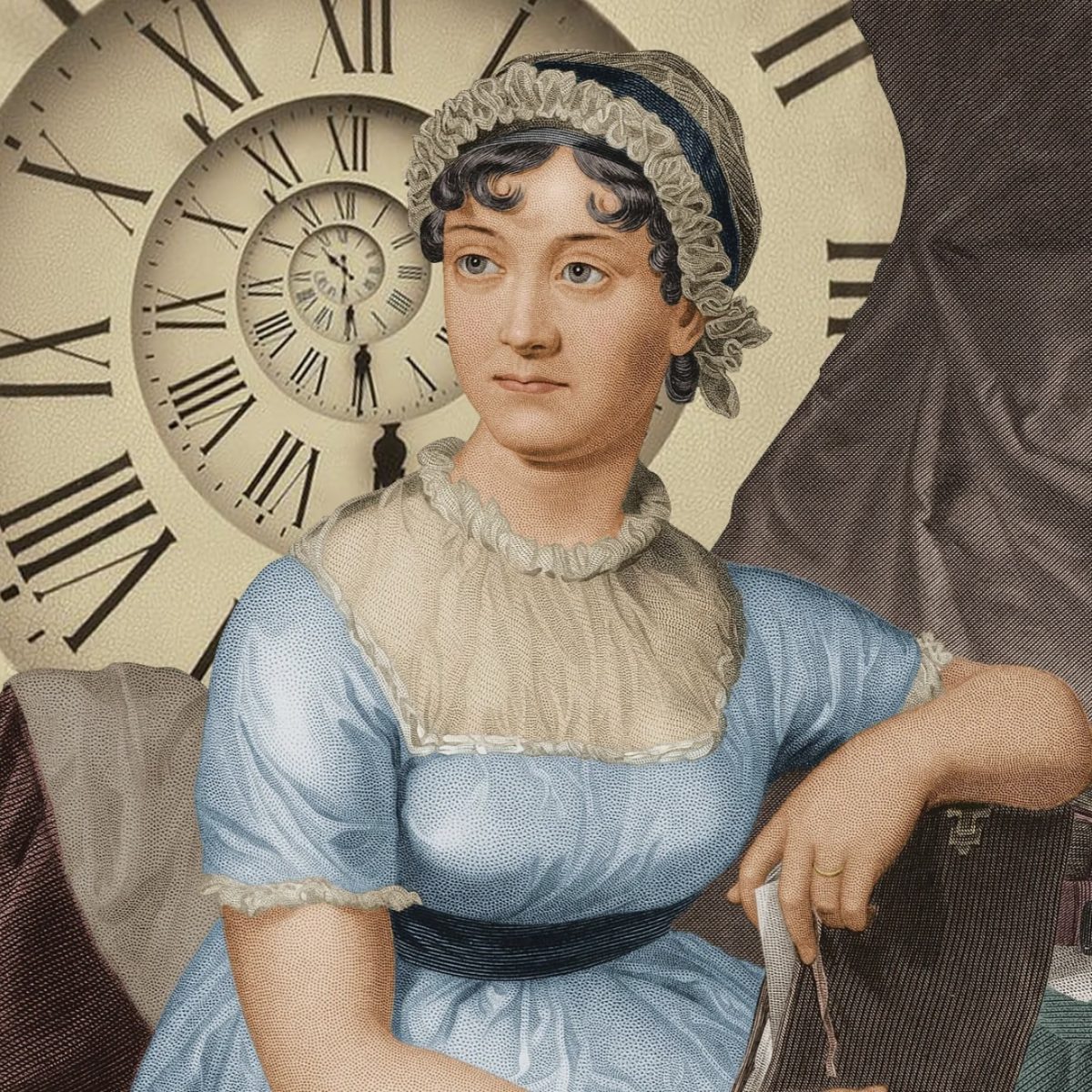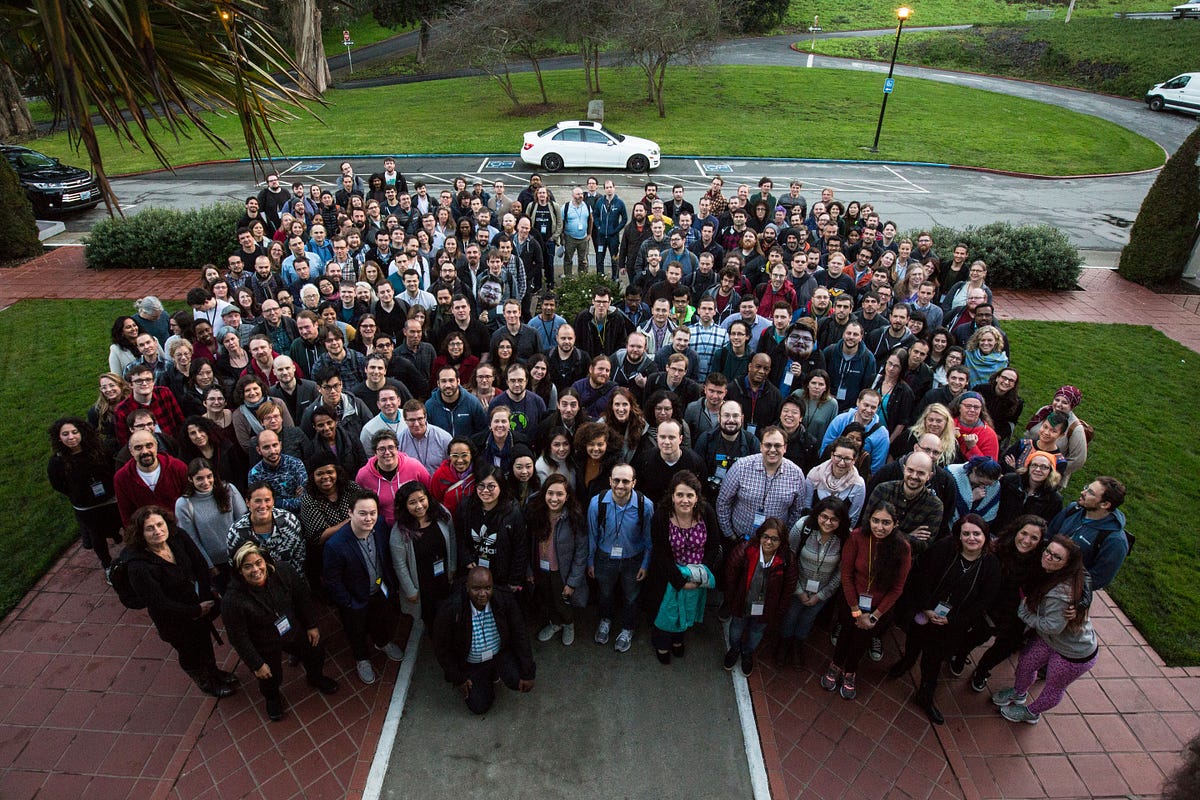Windows is one of the most popular operating systems worldwide with many users familiar with it. Naturally many would assume that most of the internet runs on it however it only makes up around 10% of web servers in the world. Linux holds the top spot with more than 50% web servers running on it. Though this number is only when it comes to web servers when looking at user computers, Linux only makes up a 20th of all devices. What makes Linux so special that a majority run servers off of it?
Linus Torvalds was born in Finland in 1969 and is the creator of the Linux operating system. His interest in computers started early when he was just 11. His grandfather, a statistics professor, had bought him the commodore VIC-20 computer. The computer looked nothing like those of toady with it on the outside just being a keyboard to plug into a CRT television. It came with only 3.5 KB of usable memory(25 KB total, most was taken up by the system), was only able to store data permanently using peripherals using floppy discs and cassette, and most importantly one was able to code in BASIC on it, which Torvalds took full advantage of.
While in college he started to work on his own operating system after wanting to move away from the one his current PC ran on, MS-DOS, finding it a very limiting OS. After this Torvalds decided to make his own OS, one similar to Minix an OS he had been using at university which he much preferred. In 1991, he shared the first version of his project, called Linux, basing the name off of UNIX (Minix was a version of UNIX made for educational-purposes). He made it open-source, which meant anyone could use, change, and share it for free. This allowed people from all over the world to help improve Linux and create their own versions to suit their needs.
Linux became especially popular for running servers due to it being light-weight and very stable. With the ability to run for a long time without crashing or needing to restart, perfect for web servers. Along with that, due to it being open-sourced the system was much more developer friendly than many of the other alternatives.
Torvalds then moved to the US in 1997 to work at Transmeta until 2003 where he worked at Open Source Development Labs, now the Linux Foundation, which worked to support Linux development and open-source projects. In 2005 BitKeeper, the software Linux used to allow developers to keep track of their code, revoked their license. Torvalds then made and released Git 10 days after. Git was a fully open-source (unlike BitKeeper at the time) way for Linux developers to track changes made to code and allow multiple developers to work on one project at the same time while tracking who made what changes.
This work ended up culminating in 2012 where Linus Torvalds ended up receiving the Millennium Technology Prize, it is often compared to the Nobel Prize for technology. He won the award for his development of the Linux kernel and it’s widespread use effectively changing the entire landscape of computers as a whole.
Since then Linus Torvalds has spent his time solely working on and improving Linux along with other developers on the Linux mailing list. However, this time spent is not without incident. In the open-source world, Torvalds became known not only for his technical brilliance but also for his blunt, sometimes harsh communication style. His unfiltered criticisms on the Linux kernel mailing list caused controversy and even alienated some contributors. In response to growing concerns about inclusivity and professionalism within the Linux development community, Torvalds took a brief hiatus in 2018 and issued a public apology. During this time, a code of conduct was introduced to help improve the tone of discussions and encourage a more welcoming environment.
Despite these challenges, Torvalds remains a central figure in the ongoing development of the Linux kernel. His work has laid the foundation for countless innovations in the tech world, from smartphones to supercomputers. Without Torvalds work the web itself would not being running the same way as we think it would.





















